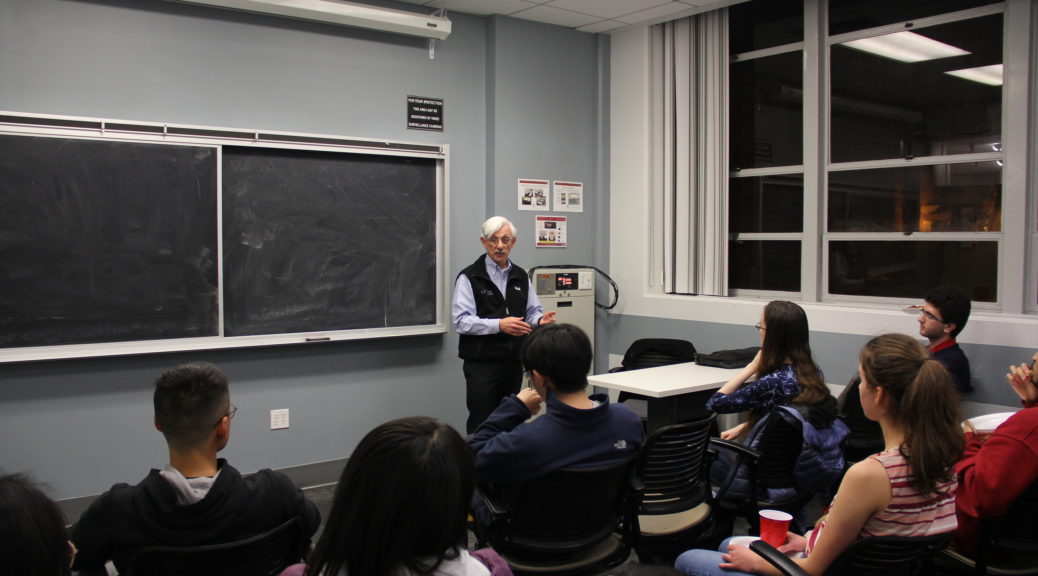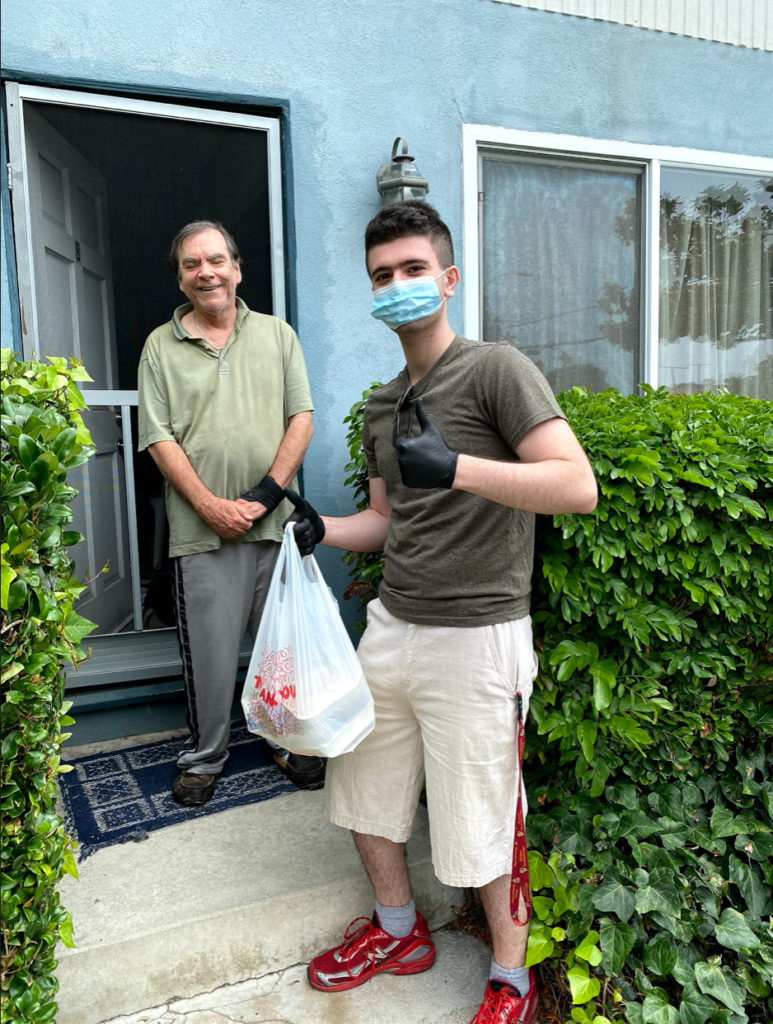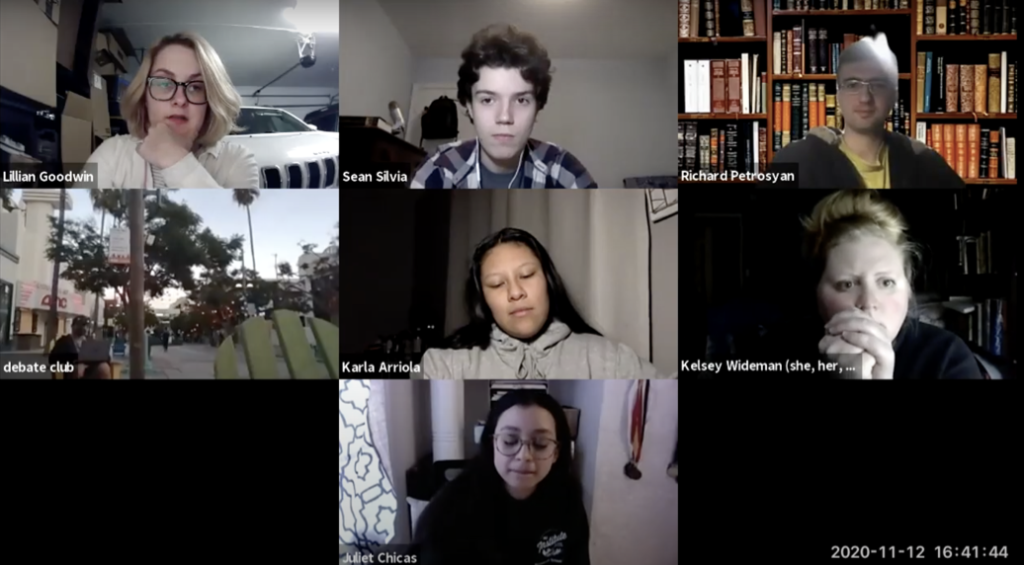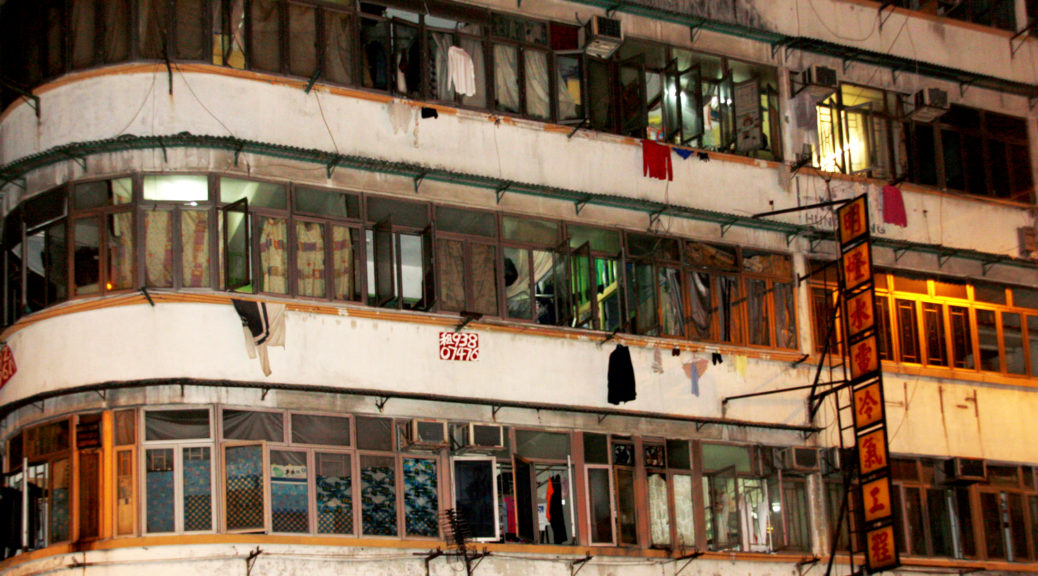By Tara Khan
Edited by Natalie Grace Sipula
[2.5 minute read]
When you walk into a store in the United States, you are usually met with a friendly greeting such as, “Welcome!” or “Hi, how are you today?”. Typically, these greetings tend to be followed by a question such as “How can I help you?” or “What would you like?”. Employees will ask these questions to give you a more positive shopping or dining experience. In exchange for their friendly service, service industry workers usually receive some type of extra compensation in addition to their standard pay. This compensation either comes directly from you, the consumer, in the form of a tip, or from the business in the form of commission. It can be confusing to know when and where you’re expected to tip in the U.S., so here are some helpful examples of when tipping is recommended or not recommended.

Add a tip! The following are situations where tipping is strongly recommended or encouraged:
- Restaurants: When dining in at full-service restaurants, tipping is customary. The amount you tip your waiter/waitress is usually proportional to how much your check is and how good the service was. If you thought the service was good, the general rule is to tip 15-20% of your check, pre-tax. A tip of 10% or below usually indicates that the service was poor, while a tip of 25% or more indicates the service was excellent. You can leave your tip in cash, but if you want to pay with a card, there is usually a place to add a tip on the receipt that you sign. Not tipping at a dine-in restaurant is typically considered to be rude, so always factor in the tip into your eating out budget!
- Counter service/fast food: Unlike at dine-in restaurants, counter service establishments, such as fast-food restaurants or coffee shops, typically make tipping optional. Usually, you can find a tip jar next to the cashier for cash tips. There might also be an option to add a tip on the credit card machine if you pay by card. If you are getting a $5-$10 item, a tip of $1-2 is usually acceptable, and is by no means required. Tipping at counter service establishments is an added bonus for the employees, and just something nice to do if you really enjoyed the service!
- Hair salons/nail salons: Tipping at beauty salons, such as hair and nail salons, is also optional. However, it is highly encouraged if you like the final product. The tip is usually 18-20%, but it can vary depending on how much time was taken to do the service as well as the number of services performed.
- Rideshare: Depending on the length of your ride, tipping on rideshare services, such as Uber or Lyft, may be appropriate. Generally, tipping about 10% of your ride price is acceptable, but not something you have to do all the time.






